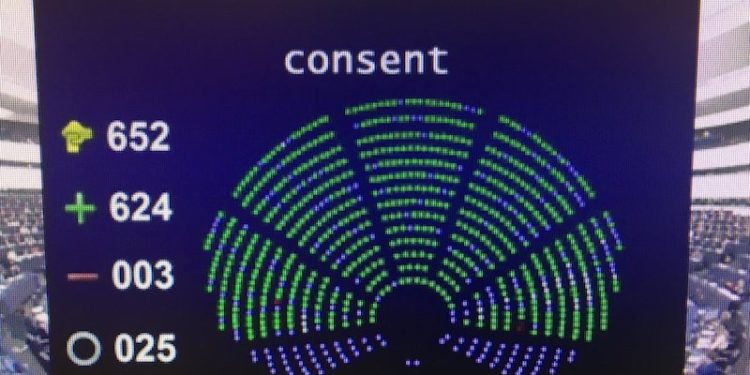MEPs have backed plans to end the EU-Comoros Fisheries Agreement, due to the Comoros’ involvement in illegal, unreported and unregulated fishing. This is the first time that the EU has terminated a fisheries agreement for this reason.
The EU-Comoros fisheries partnership agreement ran from 2005 to 2011 and then was tacitly renewed for seven years. Bilateral fisheries relations between the European Union (and its predecessors) and the Comoros date back to 1988. This fisheries agreement allows EU vessels, mainly from Spain, France and Portugal, to fish in the Comoros waters and is part of the tuna network fisheries agreements in the Indian Ocean.
The EU Commission proposal to terminate the agreement followed problems with piracy and the Comoros’ failure to comply with the Regulation on illegal, unreported and unregulated fishing (IUU).
The main shortcomings leading to the decision to denounce the agreement with the Comoros were the Comorian authorities’ flag of convenience policy, evidence of illegal fishing activities by the Comorian fleet, the national authorities’ poor or non-existent monitoring and control capacities and the Comoros’ outdated legal framework for fisheries.
MEPs gave their overwhelming consent to the termination of the fisheries agreement with Comoros by 624 votes, to three, with 25 abstentions.
‘I think it is an inevitable decision because of what has been happening with IUU fisheries and we have also seen cases of reflagging of vessels,’ said rapporteur João Ferreira.
‘But we should make a few additional comments. Yes, we should combat IUU but that is not only about identifying non-cooperative third countries. If we really want to combat IUU we need to find ways of helping countries, particularly small-island developing states, such as the Comoros, so that they can improve their marine management systems.’
In an accompanying non-legislative report – adopted by 608 votes, to 13, with 31 abstentions – MEPs deplore the fact that, ‘in almost 30 years of fisheries agreements between the EU and the Comoros it has not proved possible to achieve more tangible results in the development of the Comorian fisheries sector, including in fields such as monitoring and surveillance capacity.’
They call on the Comoros to remain engaged with the EU and seize this opportunity to put in place the measures necessary to improve its ability to address illegal fishing and stress that the ending of this agreement should not mark the end of co-operation between the EU and the Comoros in the fisheries sector.
They also requested for the inclusion of a clause, stating that should the Comoros remedy its shortcomings, the procedure would be stopped and the red card withdrawn.









